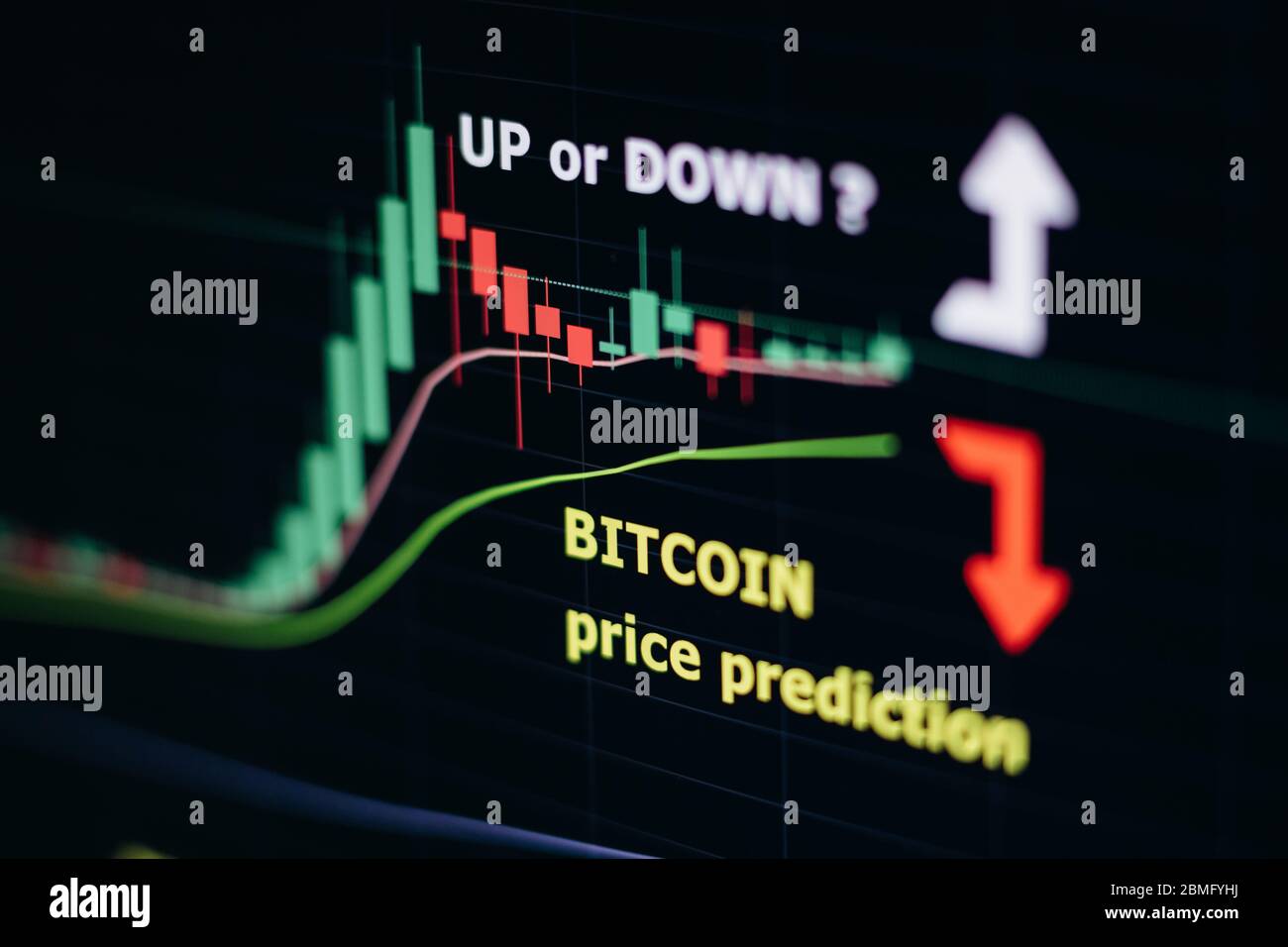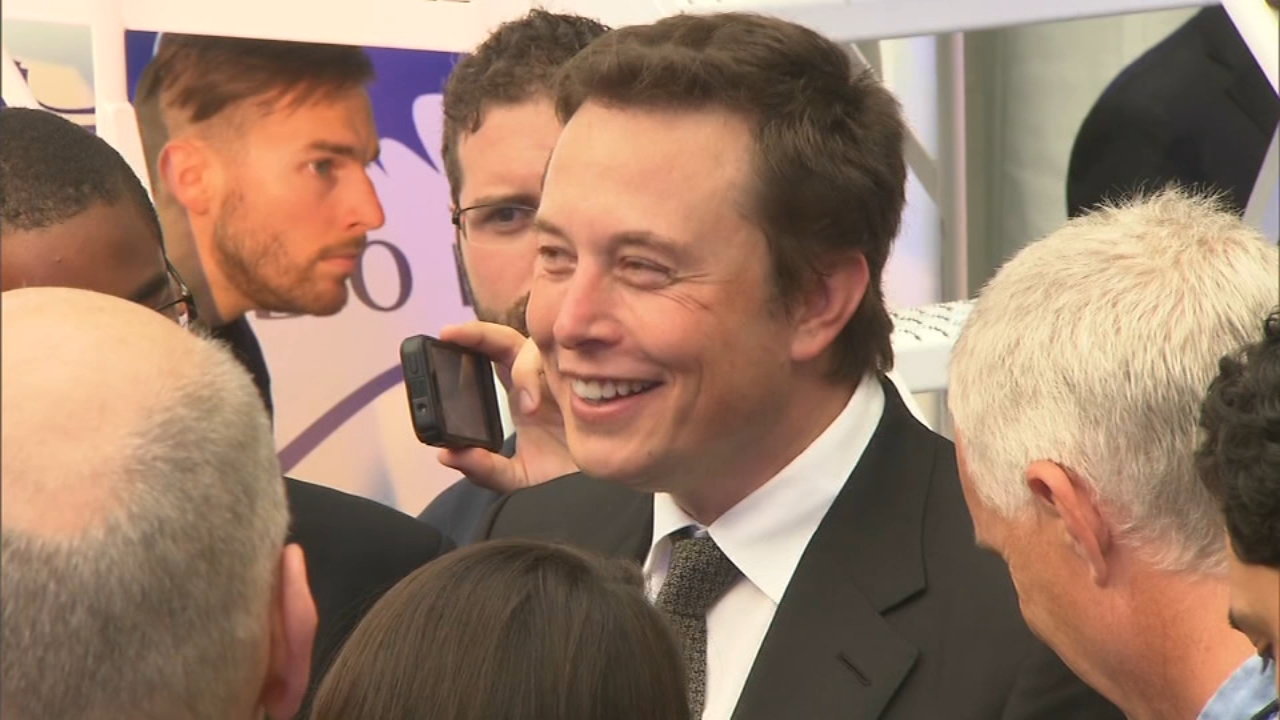
The Rise of AI: Transforming Modern Life
Over the past decade, Artificial Intelligence (AI) has become an integral part of our daily lives. From virtual assistants like Siri and Alexa to self-driving cars, AI is revolutionizing the way we live and work. In this article, we will explore the impact of AI on various industries, including healthcare and education, and examine the concerns surrounding its development and use.
AI in Healthcare: A Game-Changer
The healthcare industry has witnessed significant advancements with the integration of AI. AI-powered systems are being used to diagnose diseases, develop personalized treatment plans, and streamline clinical workflows. For instance, AI-powered algorithms can analyze medical images to detect diseases like cancer more accurately and quickly than human doctors. Learn more about AI in healthcare.
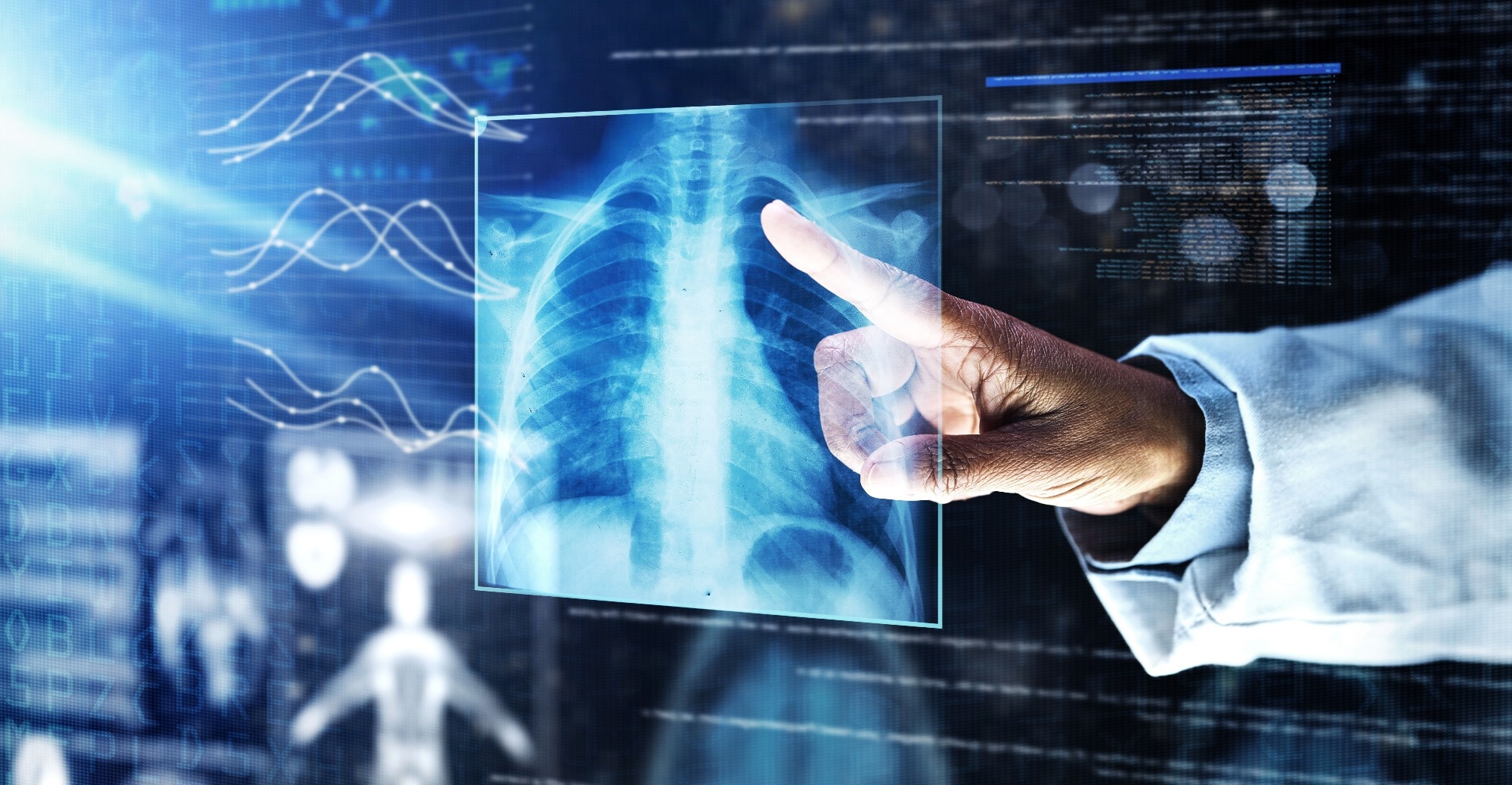 AI-powered systems are transforming the healthcare industry
AI-powered systems are transforming the healthcare industry
AI in Education: Personalized Learning
AI is also making waves in the education sector. AI-powered adaptive learning systems are being used to personalize the learning experience for students. These systems can adjust the difficulty level of course materials based on a student’s performance, providing a more effective learning experience. Additionally, AI-powered chatbots are being used to provide students with personalized support, helping them to stay on track with their studies.
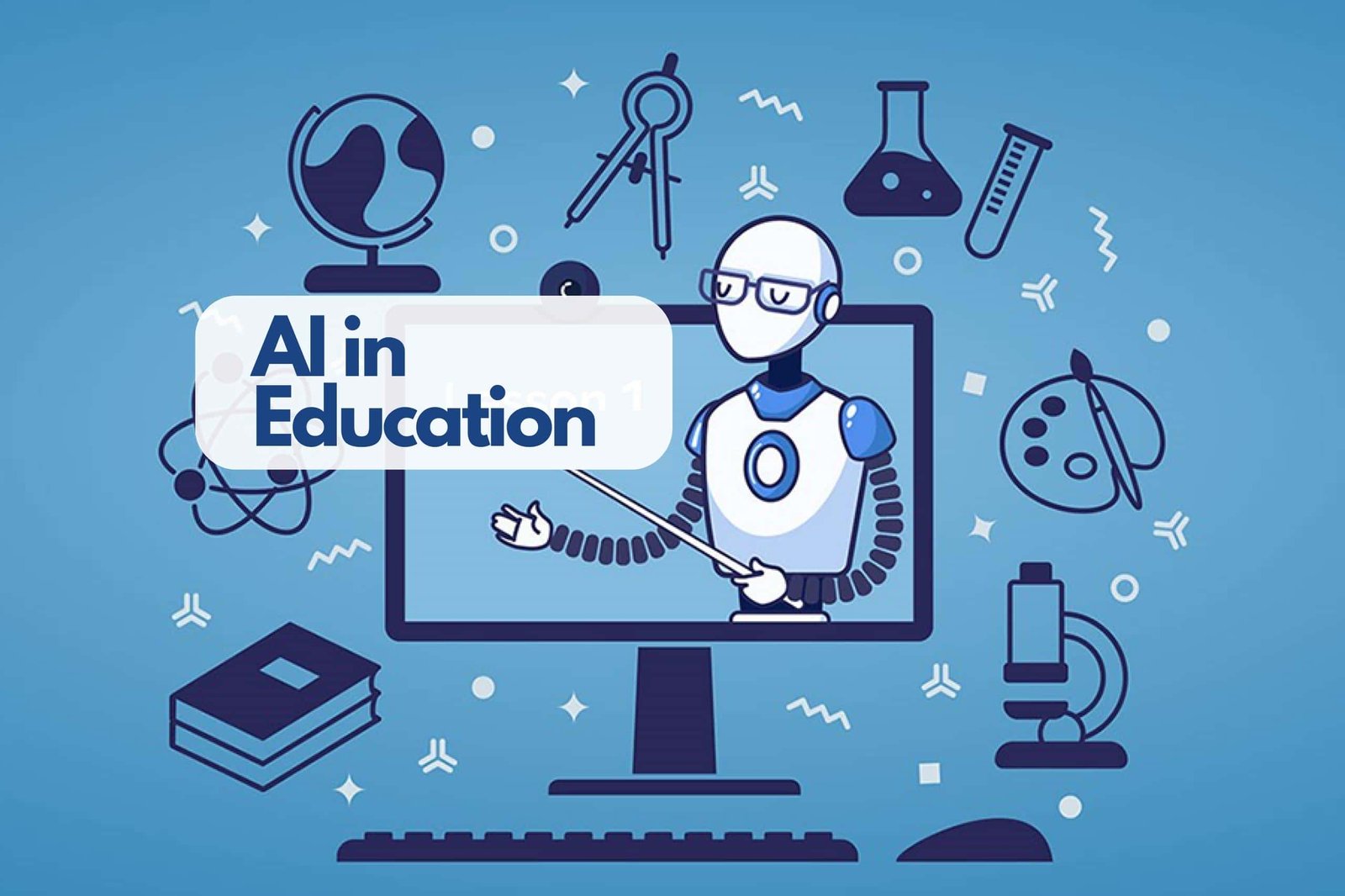 AI-powered adaptive learning systems are transforming the education sector
AI-powered adaptive learning systems are transforming the education sector
Concerns Surrounding AI Development
While AI has the potential to transform many aspects of modern life, there are concerns about its impact on society. Some experts worry that AI could replace human workers, particularly in industries where tasks are repetitive or can be easily automated. Others are concerned about the potential for AI to exacerbate existing social inequalities. For example, if AI systems are biased towards certain groups of people, they may perpetuate discrimination.
“The biggest risk of AI is not that it will become superintelligent and take over the world, but that it will become super-useful and we will become too dependent on it.” - Andrew Ng
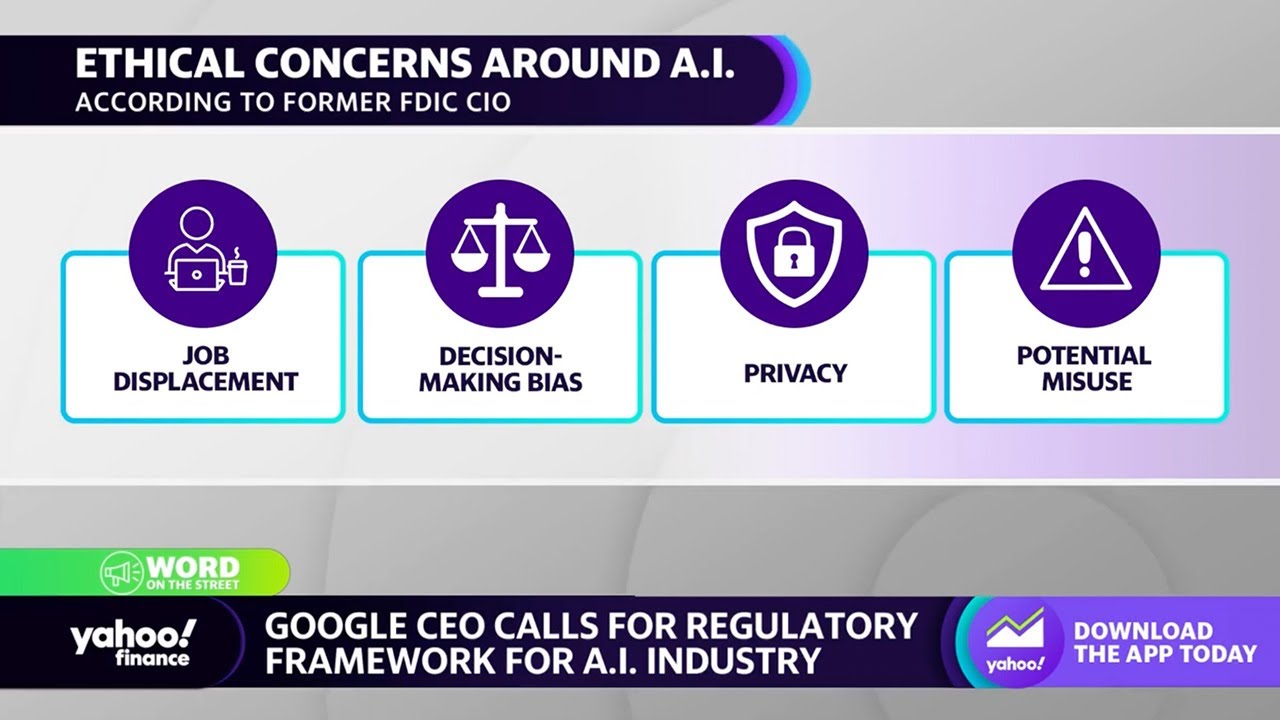 Concerns surrounding AI development and use
Concerns surrounding AI development and use
Conclusion
In conclusion, AI is a powerful technology that has the potential to transform many aspects of modern life. However, it is essential to carefully consider the potential consequences of AI and work to ensure that it is developed and used in a responsible manner. As we continue to develop and integrate AI into our daily lives, we must prioritize transparency, accountability, and fairness to ensure that its benefits are shared by all.
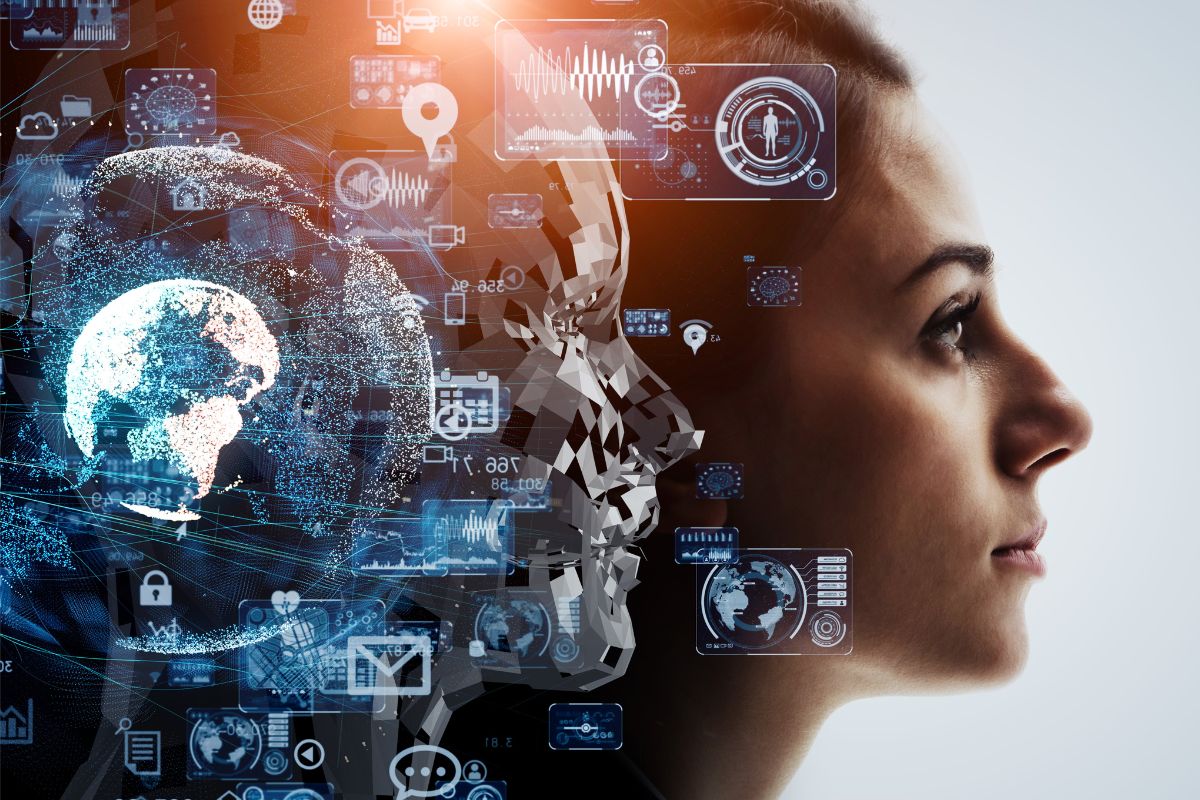 The future of AI: a world of possibilities
The future of AI: a world of possibilities




